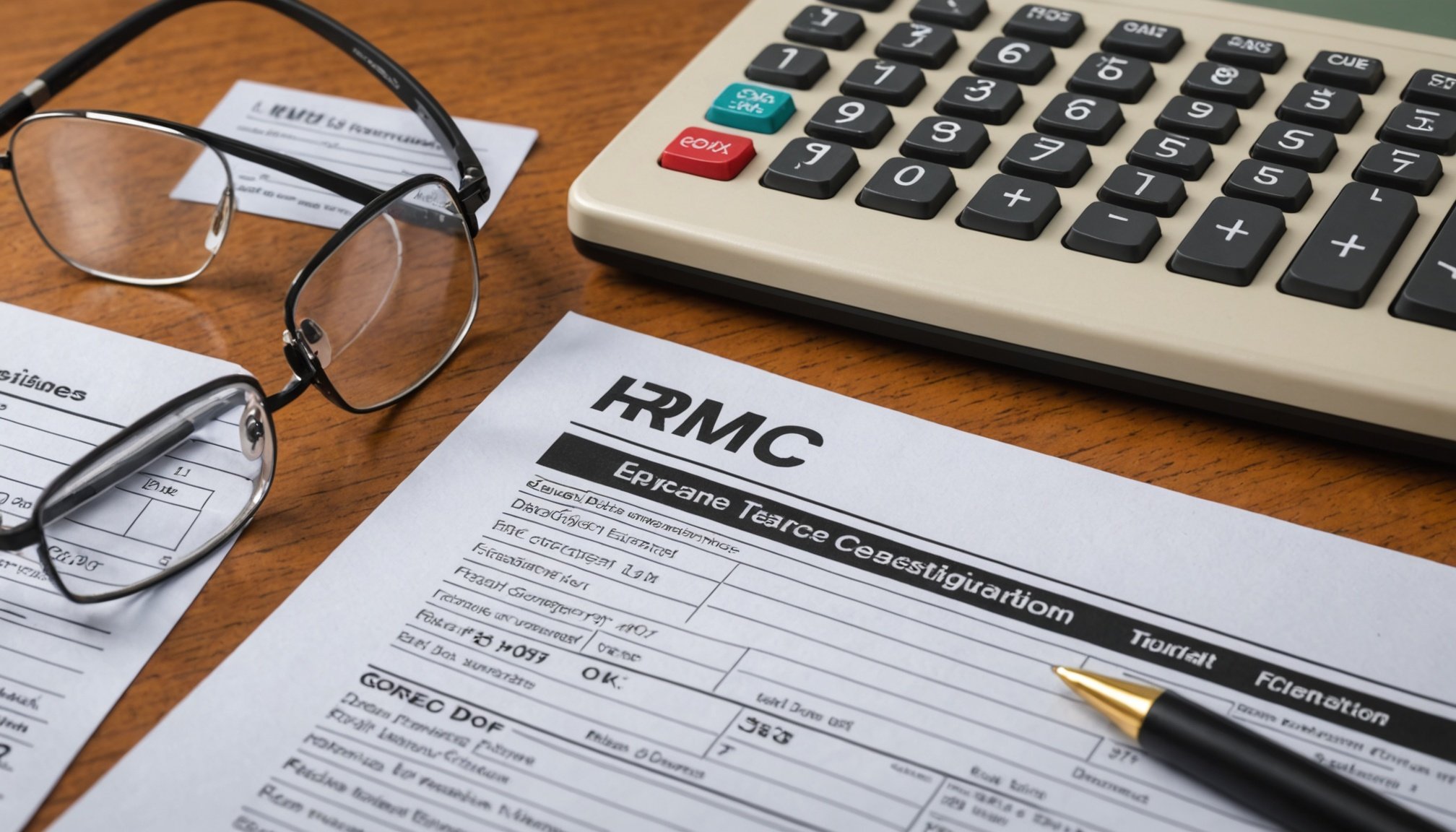Navigating the intricate world of tax compliance can be overwhelming for many businesses. With the increasing efforts of HMRC to ensure that all financial activities are transparent and lawful, businesses must be prepared for the possibility of a tax investigation. This article provides a comprehensive guide on how businesses can effectively prepare for such investigations, ensuring peace of mind and a smooth interaction with HMRC.
Understanding HMRC Tax Investigations
Before delving into preparation strategies, it’s essential to grasp what an HMRC tax investigation entails. These investigations are conducted to ensure that businesses comply with tax laws and obligations. They vary in scope, ranging from random checks to more in-depth investigations triggered by discrepancies in financial data.
Have you seen this : What are the differences between an LLP and a traditional partnership in the UK?
Why Might Your Business Be Investigated?
HMRC may initiate an investigation if they identify unusual patterns in your tax returns or accounting records. Common triggers include significant discrepancies between declared income and expenditure, irregularities in VAT returns, or third-party reports. Understanding these triggers helps in preemptive preparation.
Types of Investigations
- Full Enquiries: Comprehensive inspections of all financial records for a particular accounting period.
- Aspect Enquiries: Focus on a specific area of concern, such as VAT or payroll.
- Random Checks: Conducted without any specific reason, simply as a part of HMRC’s routine compliance checks.
Preparation starts with a clear understanding of these categories. Recognizing the type of investigation can guide your documentation and response strategy.
In parallel : What are the legal requirements for starting a limited company in the UK?
Maintaining Accurate Financial Records
An essential component of preparation is maintaining accurate and organized financial records. This practice not only facilitates easier retrieval during an investigation but also assists in day-to-day financial management.
Record Keeping Essentials
- Invoices and Receipts: Keep a detailed record of all transactions, including invoices, receipts, and credit notes. Ensure these are organized and categorized by date or type.
- Bank Statements and Payroll Records: Retain all bank statements and ensure payroll records are accurately recorded. This transparency aids in reconciling reported income with bank deposits.
- Tax Returns and Correspondence: Save copies of all submitted tax returns and any correspondence with HMRC. This archive serves as a reference and can be crucial if any discrepancies arise.
Regular internal audits can help identify potential errors in record-keeping, allowing for corrections before HMRC can spot them. Implementing robust accounting software can further streamline this process, ensuring records are accurate and easily accessible.
Engaging with Professional Support
While maintaining accurate records is crucial, engaging professional tax advisors can significantly ease the burden of an investigation. These experts bring valuable insights and experience to the table, guiding your business through the intricacies of tax compliance.
Benefits of Professional Support
- Expertise and Experience: Tax professionals possess deep understanding and experience in dealing with HMRC. They can anticipate potential issues and advise on best practices.
- Representation: In the event of an investigation, having a professional represent your interests can ensure communication is accurate and efficient.
- Strategic Planning: Tax advisors can assist with strategic tax planning, ensuring your business is compliant and optimized for tax efficiency.
Choosing the right tax advisor is important. Look for professionals with a proven track record, relevant qualifications, and a strong understanding of your industry. Their guidance can provide reassurance and strategic direction during an investigation.
Communication and Cooperation with HMRC
When faced with an HMRC investigation, the manner in which your business communicates and cooperates can significantly impact the outcome. Clear and respectful interactions set a positive tone and facilitate a smoother resolution.
Effective Communication Strategies
- Prompt Responses: Ensure all queries from HMRC are responded to in a timely manner. Delays can lead to escalations and further scrutiny.
- Honest Disclosure: Transparency is paramount. If any discrepancies are identified, address them openly and provide explanations or corrections.
- Documentary Evidence: Where possible, back statements with clear documentary evidence. This reinforces the credibility of your responses.
Proactive communication can demonstrate your business’s commitment to compliance and cooperation, potentially mitigating penalties or additional scrutiny. It’s also advisable to maintain a log of all communications with HMRC, detailing dates, content, and outcomes for future reference.
Conclusion: Proactive Preparation is Key
Preparation for an HMRC tax investigation isn’t merely about reacting to a notice; it’s about cultivating a culture of compliance and transparency within your business. By understanding the investigation process, maintaining meticulous records, engaging with professional advisors, and fostering open communication, you can confidently face any HMRC inquiries.
Remember, compliance isn’t just a legal obligation; it’s an opportunity to enhance your business’s credibility and financial health. Proactive preparation not only safeguards against potential pitfalls but also optimizes your business for future growth and success.











